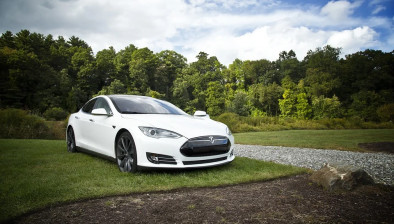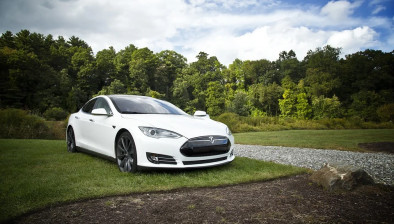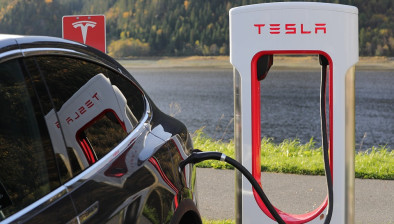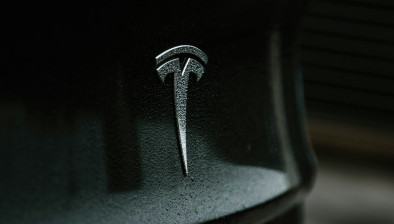Tesla shareholders approve Musk’s record $1tn pay package

Tesla shareholders have approved a record-breaking pay package for CEO Elon Musk, potentially worth nearly $1 trillion (c. £760bn), during a lively annual general meeting in Austin, Texas.
The unprecedented deal, which passed with 75% approval, does not include a salary. Instead, Musk will be rewarded with hundreds of millions of new shares if he meets a series of ambitious targets over the next decade. These milestones include drastically lifting Tesla’s market value from $1.4tn to $8.5tn (c. £1.1tn to £6.5tn), delivering 20 million vehicles, and deploying one million Optimus robots and one million robotaxis.
Following the vote, Musk danced on stage and told supporters, “what we’re about to embark upon is not merely a new chapter of the future of Tesla, but a whole new book”.
Musk’s immediate remarks prioritised the Optimus humanoid robot, which he has championed as central to Tesla’s future. Analyst Gene Munster noted Musk’s vision “starts with Optimus”, with “no mention of cars” in his opening. Musk later remarked that the company’s full self-driving (FSD) feature was “almost comfortable” enough for drivers to “text and drive essentially”. This is despite US regulators actively investigating the FSD system following multiple incidents and crashes.
The payout has drawn both criticism and praise. The Tesla board argued it could not afford to lose Musk, a sentiment echoed by Wedbush analyst Dan Ives, who called Musk “Tesla’s biggest asset” and predicted the “march to an AI driven valuation… has now begun.”
However, other investors expressed concern. Shareholder Ross Gerber said his firm lowered its stake in Tesla due to the “polarisation of [Musk’s] persona”, which he claims “demolished the value of the brand”. Mr Gerber also questioned whether significant demand exists for humanoid robots and highlighted stiff competition in the robotaxi industry from rivals like Waymo.
This shareholder vote was required after a Delaware judge voided a similar 2018 pay deal, ruling that board members were too close to Musk. In response, Tesla reincorporated in Texas.
The new package was rejected by several major institutional investors, including Norway’s sovereign wealth fund and the California Public Employees’ Retirement System (CalPERS). This left Musk reliant on Tesla’s large base of retail investors, who were targeted by a marketing blitz from board members lobbying for the deal’s approval.







